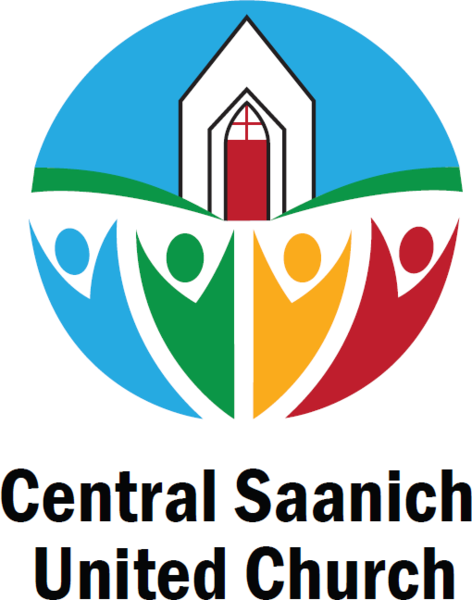
Once a community of faith attends to the process and becomes an Affirming Community of Faith, as happened at Central Saanich United Church, that is not the end of matters, but only the beginning. It is vitally important that we, as an Affirming Community of Faith, continue to receive information to remind us, to educate us, to enable us to be supportive regarding the full inclusion of LGBTQ+ persons. In that ‘Affirming’ Spirit, I offer an adaptation of some information which Marian Garnett has kindly offered. Rev. Bob
How Affirming Are We Now? Can we let others be true to who they are?
William Shakespeare wrote: “This above all, to thine own self be true, and it must follow as the night the day, thou canst not then be false to any man.” Unfortunately, many people were, and still are, unable to be their true selves, even today. The phrase, “in the closet” is used when someone feels a need to hide at least a part of themselves away, out of public view. Another common phrase is “coming out”, which refers to an individual’s decision to reveal their true self, stepping out of the shadows, and being honest with others, about whom they truly are.
Full inclusion of LGBTQ+ individuals is still a work in process in Canada. Homophobia still exists. In many countries around the world to ‘come out’ may lead to alienation, violence, and arrest.
To ‘come out’ can be risky, and even dangerous. If someone “comes out” to you, know that they view you as someone safe. If they use words you aren’t familiar with, or in ways that you wonder about, ask them what they mean. Vocabulary is constantly evolving.
One source that you may find helpful is PFLAG. This group is Parents and Friends of Lesbians and Gays. They are a great source of support and information. PFLAG Canada can be reached at www.pflag.ca, or by phone at 1-888-530-6777. In normal times they have a monthly meeting in Victoria. Marian has some of their handouts.
Things to remember from “Gender Diversity 101” with Kingsley Strudwick, Ambit Gender Diversity Consulting - March 7, 2018.
Each person can decide their own gender identity - Feminine, Masculine, Non-binary, Trans, gender-fluid or questioning. Everyone is learning.
Pronouns: There are some people who prefer that you use their Pronoun rather than their given name. They will let you know upon introduction. Some pronouns are: They/them/theirs; She/her/hers; He/him/his
Gender can’t be assumed Gender takes on many forms. Being respectful is the key, and being receptive of others helps with that. Fortunately, attitudes are evolving, and acceptance is taking hold in our communities. Let’s all do our part to ensure everyone feels welcome in our midst.
